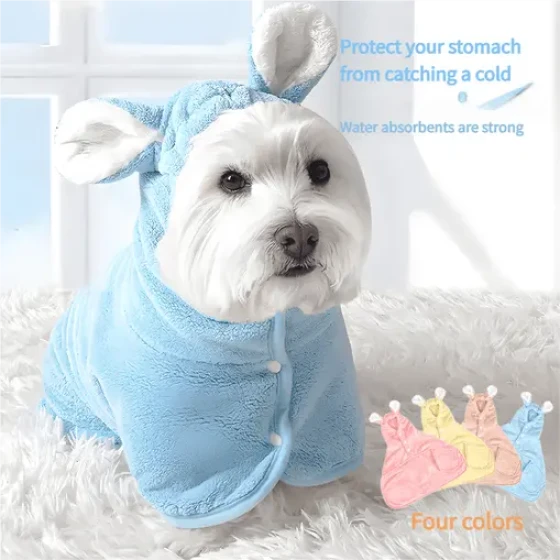Key Points for Raising Elderly Dogs

Do not disturb elderly dogs’ rest casually
The time when dogs of different sizes enter old age varies; generally, dogs officially enter their senior stage around seven years old. Their bodily functions gradually change; movements become slower and their vitality fades compared to before. Dogs have our companionship from puppyhood to old age, and most owners have deep feelings for their pets. What we can do next is to do our best in caring for elderly dogs, aiming to prolong their lifespan as much as possible.
1. Do not neglect the dog
For dogs entering old age, psychological fulfillment may be more important than anything else. Dogs have strong affection and attachment to their family and owners. At this time, owners should try to spend some time accompanying their dogs. If the dog makes mistakes, such as suddenly urinating or defecating at home, never blame it or cause psychological burden. Please believe that it cherishes this home just like you do; such abnormal behavior definitely means it couldn’t hold it any longer.
2. Still need a regular lifestyle
Do not easily change the dog’s original daily routine. If the dog needs to sleep or rest, do not disturb it casually. Except for some dietary adjustments, everything else should remain consistent as before. Walk and exercise appropriately every day, but exercise intensity can be moderately reduced; do not engage in overly strenuous activities.
3. Dental care
Throughout a dog’s life, brush its teeth weekly 1-2 times with specialized dental tools, feed high-quality dog food, and provide dedicated toys to grind teeth and clean plaque. If tartar has already formed, take the dog to a reliable hospital for dental cleaning. However, anesthesia during cleaning affects liver and kidney function in elderly dogs, so dental cleanings should not be too frequent. If the gums are inflamed, seek medical attention promptly. The food for elderly dogs should not be too hard, while softer textures may leave residue, so be sure to pay attention to dental care.

Regular health check-ups for dogs, paying attention to their health status
4. Bone care
After dogs enter old age, appropriate calcium supplementation and bone care can be provided. Medium and large dogs especially should pay attention to this. Elderly dogs’ joints stiffen and age; if you find your dog limping, take it to the hospital immediately. Excessive obesity increases bone load, necessitating weight loss with specialized slimming dog food and increased exercise. Dogs with joint problems should reduce exercise to promote blood circulation and slow aging. Supplements like calcium tablets and nutritional pastes that help joints can be given, but feeding should be moderate and not too frequent.
5. Food selection
Foods for elderly dogs should be soft, easily digestible, high in calcium, low in phosphorus, contain high-quality protein, and moderate fiber. It is recommended to choose reliable senior dog-specific dog food. If other diseases exist, use specialized formula food.
6. Regular health check-ups
Because many diseases have latent periods, it’s hard to detect any signs at first, so regular health check-ups for dogs are very necessary. After all, prevention is more meaningful than treatment.
In summary, do not let elderly dogs feel lonely. Pay more attention than before to their diet, care, and exercise. The most important is their health; take every effort to prevent diseases so that dogs can spend their senior years healthily.



-560x560.webp)

-560x560.webp)